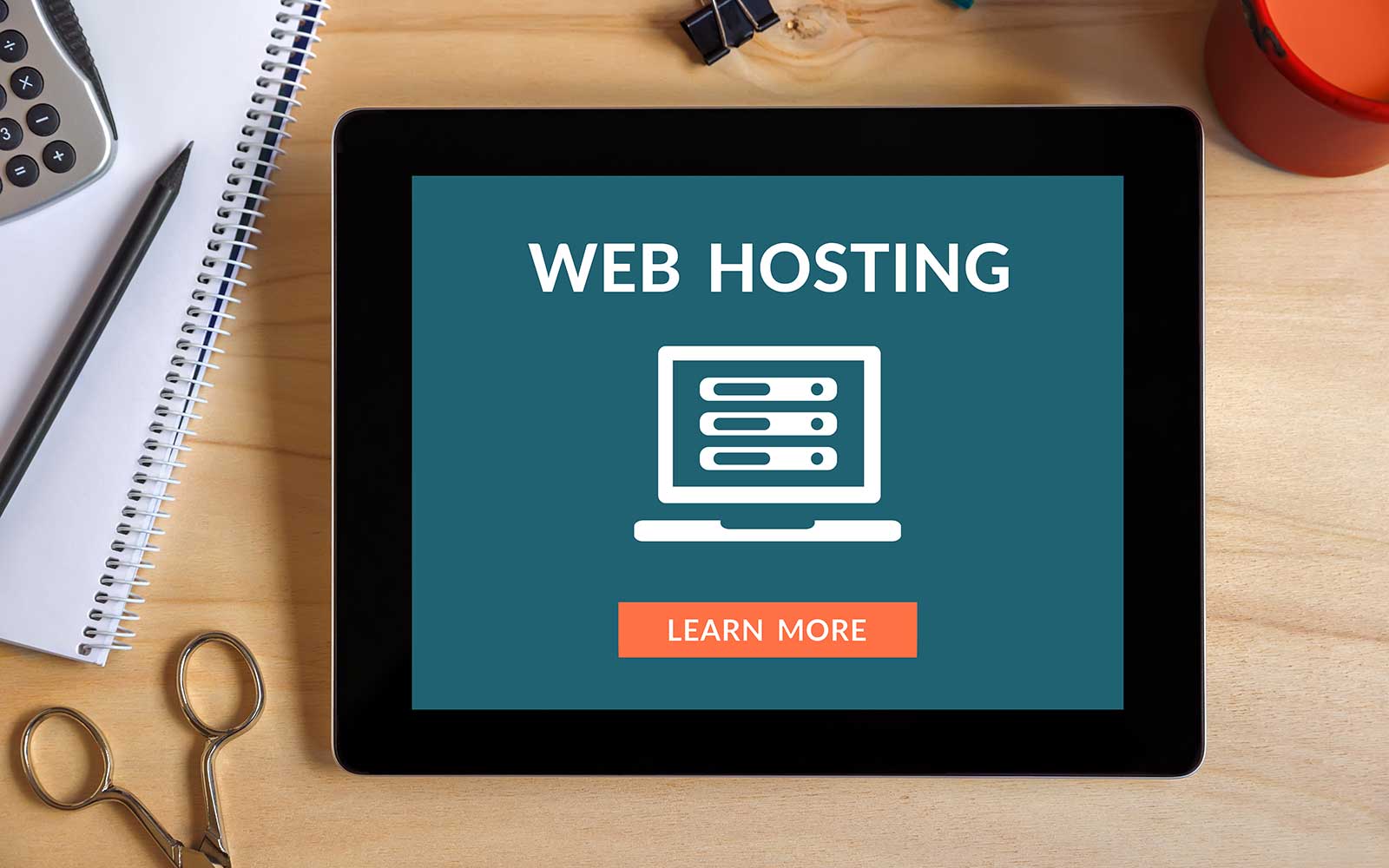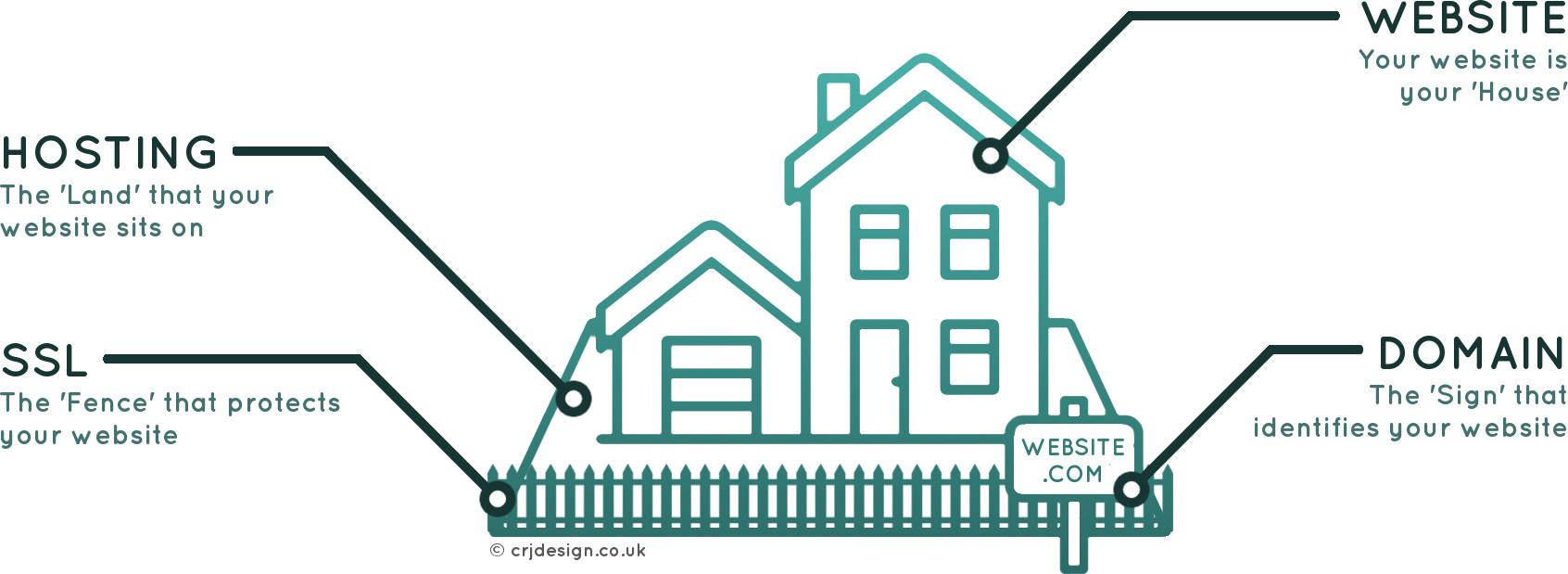As more and more businesses move online, hosting has become a critical aspect of creating and maintaining a website. Hosting providers offer a range of services, from basic shared hosting to more complex and customizable options. In this article, we’ll explore the basics of hosting and how to choose the right provider for your needs.
Table of Contents
- What is Hosting?
- Types of Hosting
- Shared Hosting
- Virtual Private Server (VPS) Hosting
- Dedicated Server Hosting
- Cloud Hosting
- Managed Hosting
- Factors to Consider When Choosing a Hosting Provider
- Uptime and Reliability
- Server Performance and Resources
- Security and Backups
- Customer Support
- Pricing and Billing
- Scalability and Upgrades
- Conclusion
1. What is Hosting?
When you create a website, you need to store your website’s files somewhere so that they can be accessed by your visitors. Hosting providers offer a place to store these files, as well as the technology and resources needed to make your website accessible to the world. Hosting providers typically offer a range of plans and options to choose from, depending on your needs and budget.
2. Types of Hosting
There are several different types of hosting, each with its own benefits and drawbacks. Let’s take a closer look at each option:
3. Shared Hosting
Shared hosting is the most common type of hosting, and it’s often the most affordable. With shared hosting, your website is hosted on a server that is shared with other websites. This means that you’ll be sharing server resources, such as CPU, RAM, and storage, with other users. While this can make shared hosting less powerful than other options, it’s often a great choice for small businesses and personal websites.
4. Virtual Private Server (VPS) Hosting
VPS hosting offers more resources and control than shared hosting. With VPS hosting, your website is hosted on a virtual machine that is partitioned off from other users. This means that you’ll have your own dedicated resources, such as CPU, RAM, and storage. VPS hosting can be a great choice for businesses that need more power and control than shared hosting, but don’t want the expense of dedicated hosting.
5. Dedicated Server Hosting
Dedicated hosting is the most powerful and customizable option, but it’s also the most expensive. With dedicated hosting, you have access to an entire server, which means that you have complete control over the hardware and software. This makes dedicated hosting a great choice for large businesses and organizations that need maximum power and control.
6. Cloud Hosting
Cloud hosting is a relatively new type of hosting that offers the scalability and flexibility of cloud computing. With cloud hosting, your website is hosted on a cluster of servers, which means that your website can easily scale up or down depending on your needs. This makes cloud hosting a great choice for businesses that experience sudden traffic spikes or need the ability to quickly scale up their resources.
7. Managed Hosting
Managed hosting is a type of hosting in which the hosting provider manages the server for you. This means that the hosting provider will take care of tasks like server maintenance, security, and backups. Managed hosting can be a great choice for businesses that don’t have the technical expertise to manage a server themselves.
8. Factors to Consider When Choosing a Hosting Provider
Now that you understand the different types of hosting, let’s take a look at some of the factors you should consider when choosing a hosting provider.
9. Uptime and Reliability
Reliability refers to the overall stability and performance of the hosting provider’s servers. A reliable hosting provider should have a strong infrastructure with redundant servers, backup systems, and security measures in place. They should also have a proven track record of providing consistent and dependable service to their customers.
To determine a hosting provider’s uptime and reliability, it’s important to read reviews and research their history. Look for providers with a strong reputation for uptime and reliability, and consider their uptime guarantees and SLAs (Service Level Agreements) before making a decision.
10. Server Performance and Resources
The performance and resources of the hosting provider’s servers are also important factors to consider. This includes CPU, RAM, storage, and bandwidth. A good hosting provider should offer sufficient resources to handle your website’s traffic and needs.
It’s important to consider the scalability of the hosting provider’s plans as well. If your website grows and requires more resources, you should be able to easily upgrade to a higher plan without any issues. Look for providers that offer scalable plans and the ability to easily upgrade or downgrade as needed.
11. Security and Backups
Security is a critical factor to consider when choosing a hosting provider. The provider should have strong security measures in place to protect your website and data from hacking, malware, and other threats. This includes measures such as firewalls, SSL certificates, and regular security updates.
In addition to security, it’s important to consider the provider’s backup policies. A good hosting provider should offer regular backups of your website and data to ensure that you can easily restore your website in the event of data loss or other issues.
12. Customer Support
Customer support is another important factor to consider. The hosting provider should offer responsive and helpful customer support, ideally available 24/7. Look for providers with multiple support channels, such as phone, email, and live chat. You should also consider the provider’s support resources, such as knowledge bases, forums, and tutorials.
13. Pricing and Billing
Pricing and billing are also important factors to consider when choosing a hosting provider. Look for providers with transparent and affordable pricing, and consider the features included in each plan. Some providers may offer lower prices but have hidden fees or limited features.
It’s also important to consider the provider’s billing policies. Look for providers with flexible billing options, such as monthly or yearly billing, and consider any discounts or promotions that may be available.
14. Scalability and Upgrades
Finally, consider the provider’s scalability and upgrade options. As your website grows and your needs change, you may need to upgrade to a higher plan or add additional resources. Look for providers that offer flexible and easy-to-use upgrade options, and consider the provider’s policies regarding downgrades or cancellations.
15. Conclusion
Choosing the right hosting provider is an important decision for any business or individual looking to create a website. By considering factors such as uptime, reliability, server performance, security, customer support, pricing, and scalability, you can make an informed decision and find a hosting provider that meets your needs and budget.
Remember to research your options thoroughly and read reviews from other customers before making a decision. With the right hosting provider, you can ensure that your website is reliable, secure, and always available to your visitors.
FAQs
- What is the difference between shared hosting and VPS hosting? Shared hosting is a type of hosting where multiple websites share a single server and its resources, while VPS (Virtual Private Server) hosting is a type of hosting where each website is hosted on a virtual server with dedicated resources.
- Can I host multiple websites on one hosting account? Yes, most hosting providers allow you to host multiple websites on a single hosting account, depending on the plan you choose and the amount of resources you need.
- What is a domain name? A domain name is the address of your website on the internet. It’s what people type into their browser to access your website, such as www.ashiqana.com.
- Do I need a domain name to host a website? Yes, you need a domain name to host a website. The domain name is what people use to access your website, and it needs to be registered and pointed to your hosting provider’s servers.
- What is SSL? SSL (Secure Sockets Layer) is a security protocol that encrypts data transmitted between a website and its visitors. It’s used to protect sensitive information such as passwords, credit card numbers, and other personal data.
- Can I switch hosting providers if I’m not satisfied with my current one? Yes, you can switch hosting providers at any time if you’re not satisfied with your current one. However, it’s important to ensure that you have a backup of your website and data before making the switch to avoid any data loss.
 Katha Ankahee Watch All Episodes Free Video
Katha Ankahee Watch All Episodes Free Video





